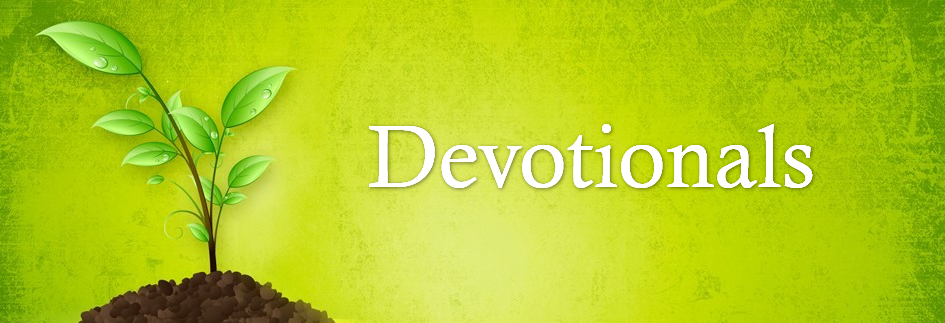
“In those days a decree went out from Caesar Augustus that all the world should be enrolled. . . . And all went to be enrolled, each to his own city. And Joseph also went up from Galilee, from the city of Nazareth, to Judea, to the city of David, which is called Bethlehem, because he was of the house and lineage of David to be enrolled with Mary his betrothed, who was with child.” (Luke 2:1, 3-5)
When the emperor of Rome declared there should be a census – or enrollment – there was no convenient form mailed to the citizens of the empire. Rather, heads of households and their families had to go to their ancestral homes, which is why Joseph and Mary were on the road to Bethlehem. Never mind that it was a long, hard journey, that a baby was on the way, that they couldn’t even find a decent place to stay when they got there — the emperor had decreed it! And so, in a strange and lonely place, in a stable that was far from clean or comfortable, this young couple became a family, the next line in the very long line of “the house and lineage of David.” If you want to see how far back these Hebrew families kept meticulous track of their ancestry, look at the first 16 verses of the first chapter of Matthew. Starting with Abraham, they’re all listed, including Jesse, father of King David. That’s why Jesus is called the “branch of Jesse” in the hymn “O Come, O Come, Emmanuel.”
What do you know about your ancestors, and how far back can you trace them? We live in a nation of immigrants, a remarkable assortment of people from every other country in the world. Many of us are descendants of people who set out for a new country with few possessions, not knowing for sure what they were going to encounter and what kind of welcome they would receive. When I think of going off into such uncertainty, I can hardly imagine the courage and determination – and maybe desperation – that it took.
Families come about in many ways — biology, marriage, adoption — sometimes by choice, other times by chance. These relationships aren’t always the most harmonious, and some are downright contentious. After all, not everyone gets along just because they’re related in some way. But think of the terms we use to describe the closest, most important relationships we have — a person is “like a brother or sister” to you; someone may be a “second Mom or Dad”; or dear friends who are “just like family.” A family means you have people who are there for you, who you can count on, and who will hang in there with you even when the road is rough.
As Christmas draws closer, and we journey along this Advent road to Bethlehem, consider what a blessing it is to be part of a church family. Open your heart to the opportunities for friendship, support, and connections to be shared in our congregation. We are the children of the same heavenly Father, after all — doesn’t that make us related?
Your friend in Christ,
Mary Rogers